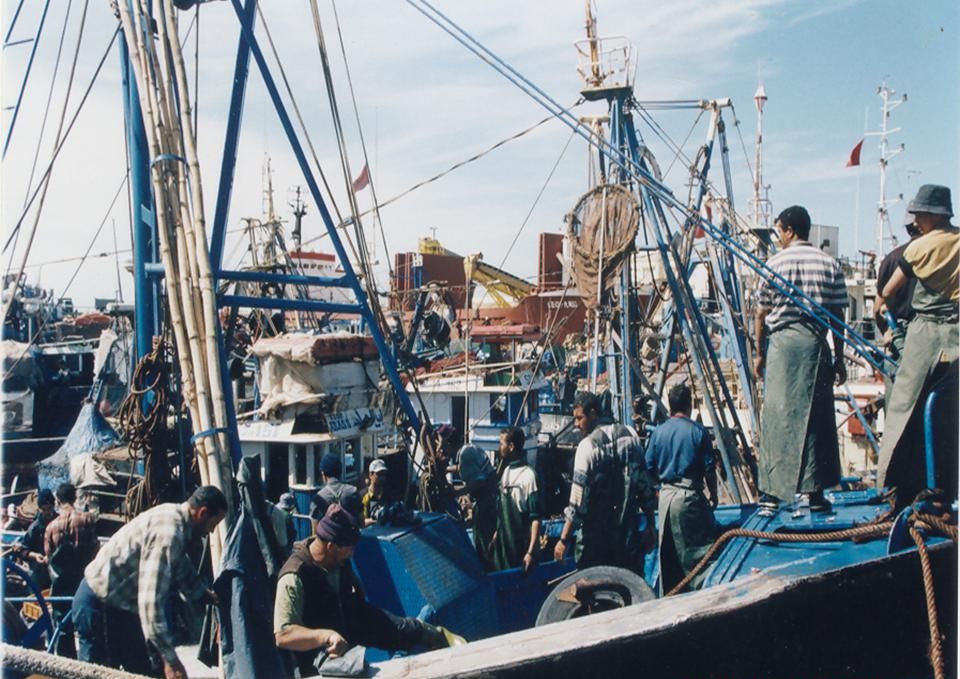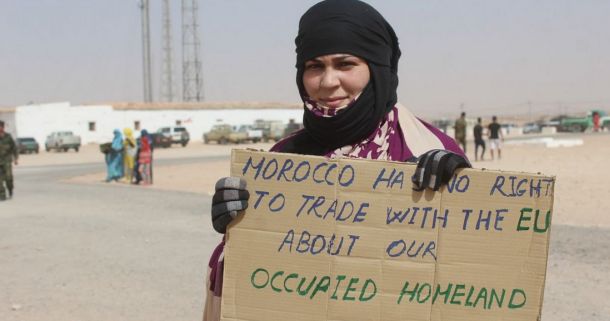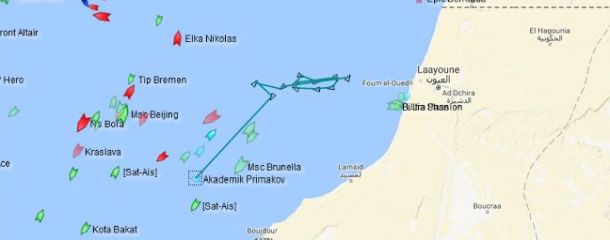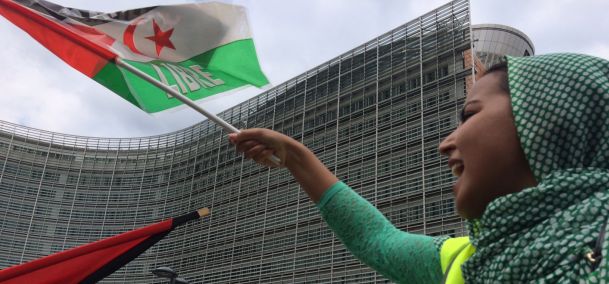"Sweden is not satisfied that the outcome of the consultation process can be said to constitute the free and informed consent of the people of Western Sahara", the country formally explained its abstention in the EU Council vote on the Western Sahara trade scheme.
New York based private equity firm, Brookstone Partners, is reportedly set to build a highly controversial 900 megawatt wind farm in Dakhla, in the south of occupied Western Sahara.
New documentation shows that only 4 out of 75 purse seiners that the Moroccan government have licenced to fish on the pelagic stocks off Dakhla, occupied Western Sahara, are controlled by Saharawis.
For the third time, the highest Court of the European Union has confirmed that Morocco has no sovereignty over Western Sahara. In its new ruling dated 19 July 2018, the Court confirms that the EU's fisheries agreement with Morocco cannot be applied to the territory.
With all multinational oil companies in occupied Western Sahara having abandoned their activities, the Moroccan government is trying to catch interest of new investors for further illegal oil exploration. Russian and Chinese state-owned companies, commissioned by a UK firm, are behind a large exploration programme.
Confirmed: the EU and Morocco have concluded their negotiations for a new Fisheries Agreement and Protocol of Implementation. The waters adjacent to the occupied Western Sahara will be expressly included.
One of the most important companies in the controversial phosphate business in Western Sahara is ending its involvement. Innophos Holding's exit might lead to the US totally terminating its decade-long imports from the occupied territory.
A consignment of 3000 tonnes of fishmeal that was loaded in occupied Western Sahara is at present being unloaded in the port of Bremen, Germany. "How does this fit with the ECJ judgment on trade with Western Sahara?", WSRW asks.
Read a transcript of the presentation of Mr Vincent Piket, head of the Maghreb Division at the EU External Action Service, at the ALDE Seminar on the EU's relations with Morocco, held on 25 April 2018 in the European Parliament.
Several EU-flagged vessels have blatantly ignored and violated the EU Court judgment invalidating the EU-Morocco fish agreement in Western Sahara. Here they are.
In case of reasonable doubt on the true origin of the product - Morocco or Western Sahara - EU customs should "request verification from the competent Moroccan authorities", says the EU Commission.
The Ministers of Foreign Affairs of the EU Member States have today approved the proposed amendment to the Trade Protocol with Morocco to include occupied Western Sahara, in spite of the lack of consent from the people of the territory - as ordered by the EU Court of Justice. The European Parliament is yet to cast its vote.
The Moroccan government undertook a 1002 Km² seismic study offshore occupied Western Sahara in the first part of 2018.
The Council on Ethics of the Swedish government pension fund explains in its latest annual report for 2017 that it had engaged in a dialogue with Glencore regarding Western Sahara – and that this dialogue now is finished.
As the vote on the European Parliament's report on the UN General Assembly revealed, MEPs are split on the inclusion of a reference to the EU Court of Justice in relation to Western Sahara.
German Minister of State at the Federal Foreign Office stresses importance of complying with Judgment of EU Court of Justice in relation to Western Sahara trade.
No less than 93 Saharawi groups have called on the EU institutions to respect the will of the people of Western Sahara when negotiating trade or fisheries agreements that will affect their occupied land.













